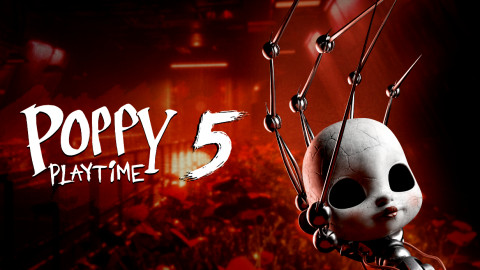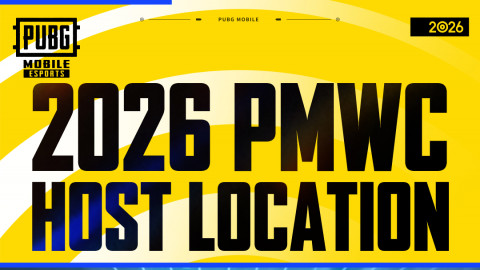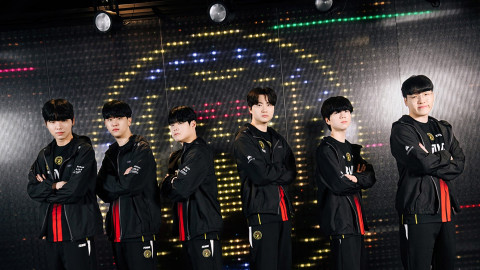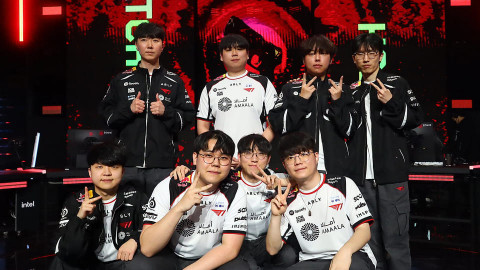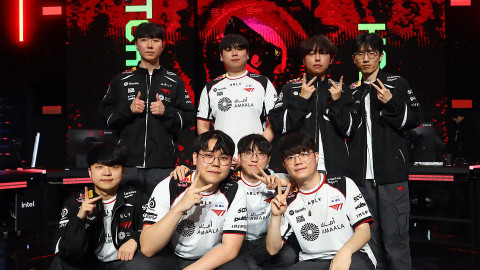
In Inven Global's candid discussion with Chen "Achie" Chen-Chi, head coach of CTBC Flying Oyster, he unpacks the challenges and triumphs of esports coaching in the Pacific Championship Series (PCS). Achie touches on pivotal lessons from recent matches, the art of player retention in a volatile regional landscape, and his personal evolution as a coach prioritizing open communication. Achie gives us a glimpse into the team's resilience in the face of powerhouse teams like PSG Talon and the constant risk of losing top talent to leagues such as the LPL.
What do you think the biggest lessons-learned from this series were [Team Whales]?

The biggest lesson I took from the match is I didn't predict he'd pick K'Sante so early. He picked it first or second, and he played K'Sante very well. So, the biggest lesson is we should prepare more on the ban/pick.
I'd like your perspective on the organization itself. PSG Talon has long been so dominant in PCS, but with Flying Oysters being a relatively new organization, you’ve been the only team in the last two years that’s been able to compete with them much. What do you think has allowed you to do this?
The most significant change for me has been in my communication. When I started out as a coach, I struggled with effectively communicating with my players, which sometimes resulted in more aggressive discussions. However, over the years, I've come to understand that maintaining an open dialogue with players is crucial. It's this mindset shift that I now view as most important.
There are factors like playerbase and money, but having coached both LPL and PCS, what do you think are the biggest differences between the two regions in how they practice and compete?
There's an issue in our region when we have a star player. Right now, even if we have a very strong player, they will be hired by LPL really soon. They're always in demand. But in previous times, during the LMS days with teams like Flash Wolves, they had all the top players. Now, even if we have five top players, if any of them play really well, they will be bought by LPL teams. And also, there's a difference in the popularity base.

What do you think are some steps — from Riot, the League, etc. — to improve the competitiveness of your region?
Frankly speaking, it's challenging to assist the gamer base from Riot's or League's perspective. But I think what they can do at the moment is help the teams have more money or resources to retain their players.
This interview was condensed and edited for length and clarity.
-

I write. I rap. I run. That’s pretty much it.
Sort by:
Comments :0

